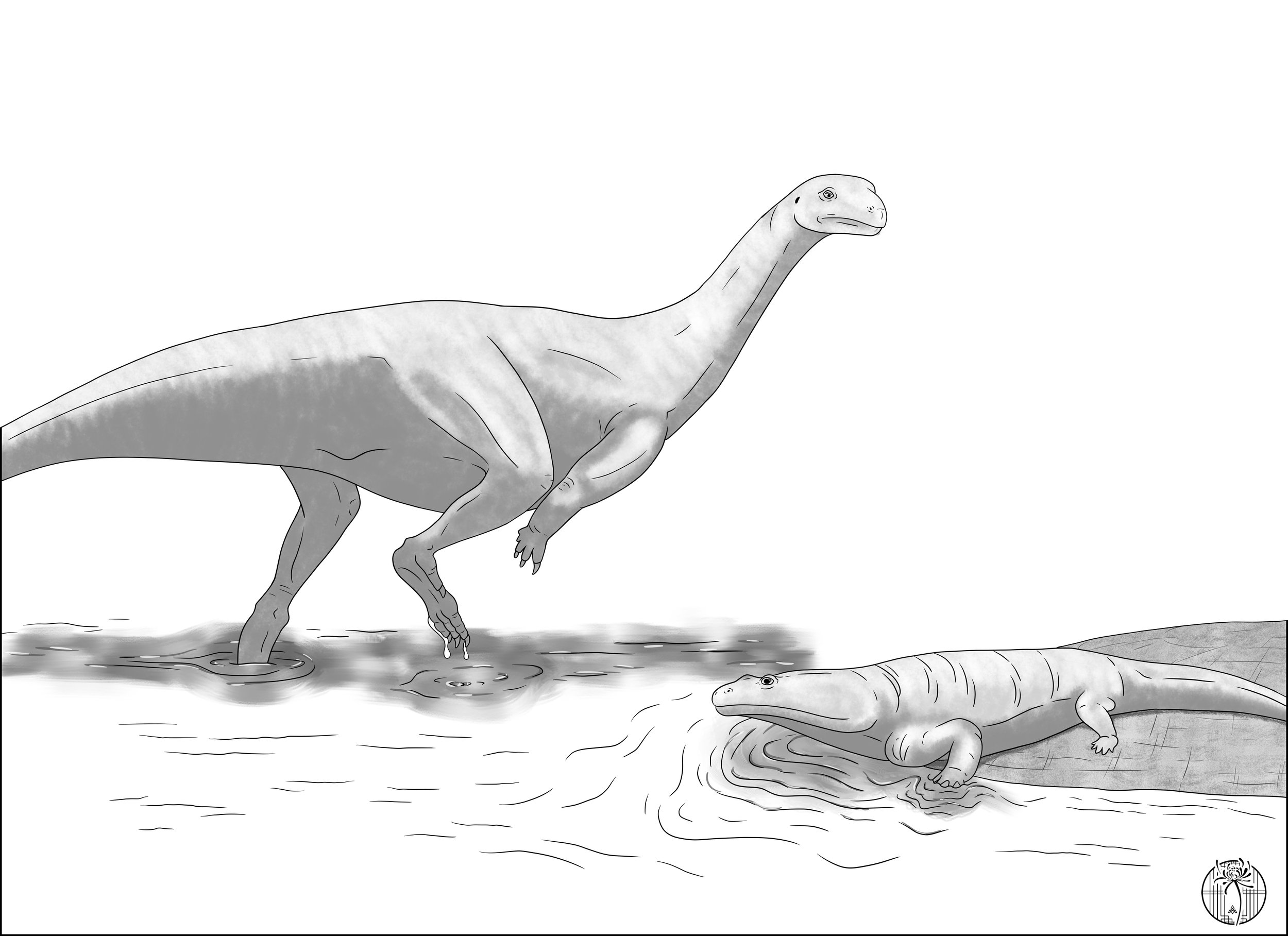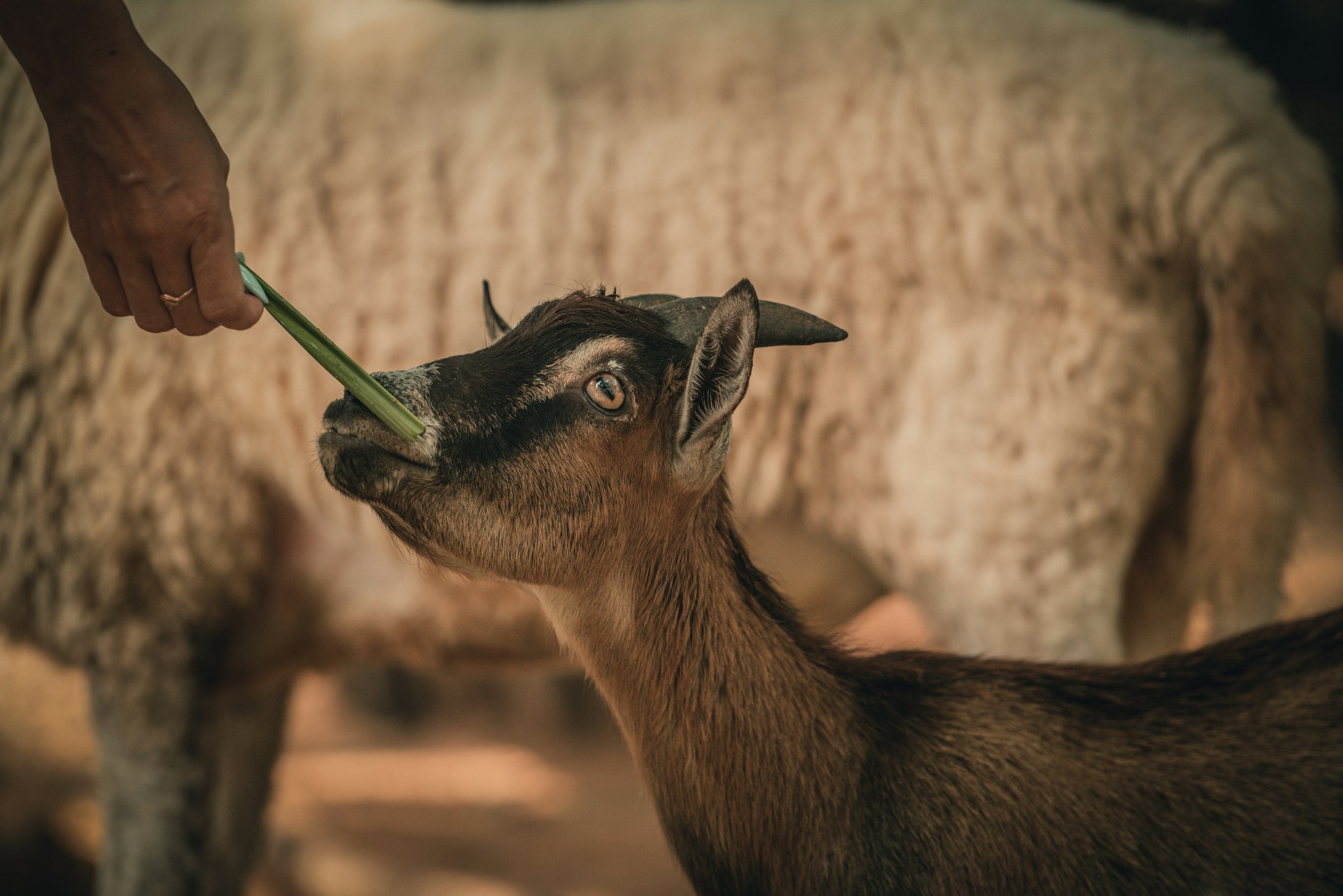Why is proteomics missing from precision medicine?
Accounting for the influence of genetics, lifestyles and environments in disease treatment and prevention is the goal of precision medicine. Yet, despite its potential, proteomics remains largely absent from this emerging field, says Liam Bell, a proteomics coordinator at Diplomics.
"We need to think how they think":
Reducing new infections among young people, and increasing antiretroviral treatment coverage and viral suppression among men, is critical to maintain momentum towards controlling the HIV epidemic in South Africa’s North West Province.
Culturing a cure: new research sparks hope for women's vaginal health
In the human body, diversity in microbiomes is usually a good thing. For instance, a diverse gut microbiome is linked to better immune functioning and general health and well-being. But when it comes to the vagina, healthy microbiomes are dominated by Lactobacillus bacteria. The absence of beneficial lactobacilli and the presence of many types of anaerobic bacteria are hallmarks of bacterial vaginosis.
Unearthing Musankwa: International team finds new link in dinosaur evolution
Around 210 million years ago, a Musankwa sanyatiensis, a bipedal dinosaur with a long neck and sweeping tail, took its last steps in an unusually swampy region of southern Pangea. In the summer of 2018, scientists from Zimbabwe, South Africa, the UK, and the USA discovered its fossils on Spurwing Island in Lake Kariba, Zimbabwe. Among them were Paul Barrett from the Natural History Museum in London and Jonah Choiniere from the University of the Witwatersrand, Johannesburg.
Optimistic outlook for SA's HIV epidemic
South Africa has reached an important milestone in curbing its HIV epidemic. Preliminary results of the sixth national household survey (SABSSM VI) show that 12.7% of the population was living with HIV in 2022, compared to 14% in 2017 (although the difference was not statistically significant). At 7.8 million people, the plateauing prevalence reflects significant progress towards the 95-95-95 testing and treatment targets.
Navigating a foreign land: Obstacles confronting black students
In South Africa, where universities remain heavily influenced by Western educational models, black students’ backgrounds significantly influence their chances of graduation. Specifically, factors like home language, economic background and experiences of racism and sexism critically affect whether students can integrate socially and academically.
Harnessing gender insights to tackle antimicrobial resistance
For half the year, rain falls in northern Ghana, and maize, rice, and cowpea green the plains. Spring to November/December is harvesting time. By May, households have begun to deplete their food stocks: May to August is known as the hunger season. Over the dry period, local farming communities rely on their livestock for their livelihoods and resilience, says Agnes Loriba, Ghana project manager at CARE International, an international humanitarian aid organisation.
Human-elephant coexistence in Zimbabwe: “We are part of them; they are part of us”
The world is facing a biodiversity crisis. In some countries, however, communities have adapted to coexisting with wildlife. With the advent of the first international conference on disaster risk management, co-hosted by the HSRC, the HSRC Review team visited the town of Victoria Falls in Zimbabwe, where people come into frequent contact with elephants. The experiences of these communities offer lessons for mutually beneficial coexistence. But the situation is more complex than it appears.








